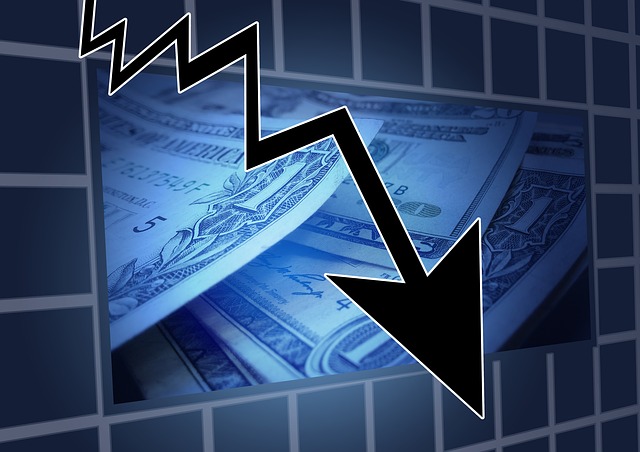Bitcoinist once again caught up with the one and only Max Keiser, Wall Street veteran and host of the Keiser Report. He explains why he isn’t fazed about the Bitcoin price drop, why he pays no attention to ICOs, and why Bitcoin will be around longer than humans.
‘Bitcoin is the monetary black hole’
Bitcoinist: Since we last spoke in April, Bitcoin has taken quite a tumble in USD price and has had a pretty bad 2018 overall. Why did price drop?
Max Keiser: The Bitcoin protocol is genius and the more you understand it, the more clarity you achieve. With this in mind, let me answer your questions.
The Bitcoin price got way ahead of itself and we saw a typical pullback. Since I first started buying BTC in 2011 at $1, I’ve seen a few of these.
Many are predicting a prolonged ‘crypto winter’ similar to 2014-2016. Do you see it lasting two years like last time or is it different this time?
The long-term chart is fine. It’s still bullish. Keep in mind, my cost basis is under $200.
Are we seeing the end of ICOs? Or will they just morph into STOs and become compliant with SEC regulations?
We have given virtually no attention to ICOs because, as I’ve said on my show, ICOs are securities and fall under the regulatory jurisdiction of the SEC. As a former Wall St. stockbroker, I am trained never to try and second-guess the SEC.
When tech bros approach me with their opinion about how the SEC should rule, and what the SEC “doesn’t understand,” I laugh. I’ve seen it all before over my 30-year career. Human nature never changes. Insta-wealth makes people think they’re bulletproof.
Why do you think Bitcoin has been seemingly coupled with stock market performance recently with tech stocks in particular?
Good question. I think the market sees Bitcoin as a ‘risk on’ asset, so it moves in unison with stocks. At some point, the market will understand that Bitcoin, like Gold and cash, is a ‘risk off’ asset. When the market realizes this, we’ll see ATH as safe-haven, capital flight money moves into Bitcoin.

In September, the Fed raised interest rates by 25 basis points, the highest since April 2008. You ’ve said many times on your show that “you can’t taper a Ponzi scheme.” Are we in for another financial crisis?
We never left the financial crisis. The number of zombie banks and zombie corporations has increased, masked by Fed money and accounting tricks like leveraged stock buy-backs. The dislocations and malinvestments have steadily increased.
The social metrics (in the US) like infant mortality and life expectancy continue to fall apart. The ravages of the 2008 GFC continue to debase our economy and society, but not for folks over at CNBC, CNN, MSNBC, etc., so the truth never gets reported.
How do you think Bitcoin would behave in conditions similar to the ’08 crisis today?
The long-term trend is intact and will continue its upward path.
What are your thoughts on the soaring LocalBitcoins volumes in Venezuela? Why is Bitcoin useful for Venezuelans?
Against the Bolivar, Bitcoin, and Gold have had incredibly powerful upward moves. Only using the $USD to map BTC’s performance and impact is shortsighted and misleading. Think global.

Can national ‘cryptocurrencies’ like Venezuela’s ‘Petro‘ compete with Bitcoin?
No. Too centralized.
What do you think of Bitcoin Cash’s so-called ‘hash war‘ that we’ve just witnessed?
The protocol has rejected these bad actors. This is what Bitcoin maximalism is all about. Understanding that only Bitcoin has the power to create a fiat-free world while simultaneously destroying all that get in the way.
What’s the biggest threat to Bitcoin in your opinion?
Bitcoin is the monetary black hole that will gobble up all fiat and rise to more than $100,000 doing it. But humans themselves may never see that day.
I have more faith in BTC than I do in humans surviving the ecological holocaust we’ve triggered with our collective stupidity. Bitcoin might only be used by our robot successors. Ironically, they don’t care about price.
Do you agree with Max Keiser? Is Bitcoin a monetary black hole for fiat? Share your thoughts below!
Images courtesy of Shutterstock







